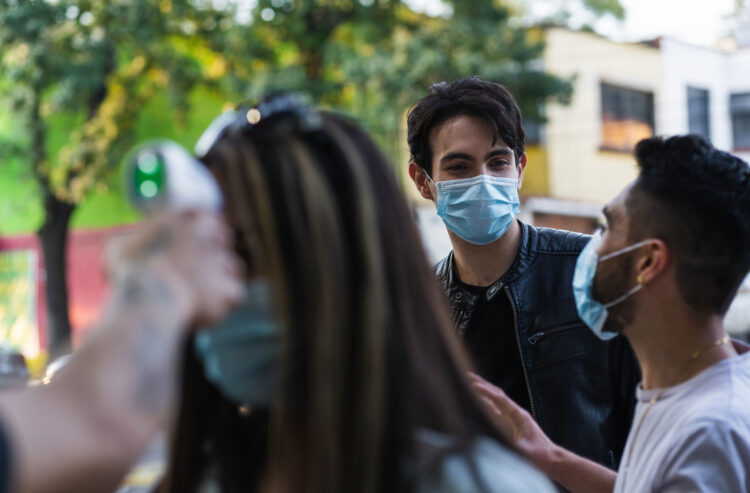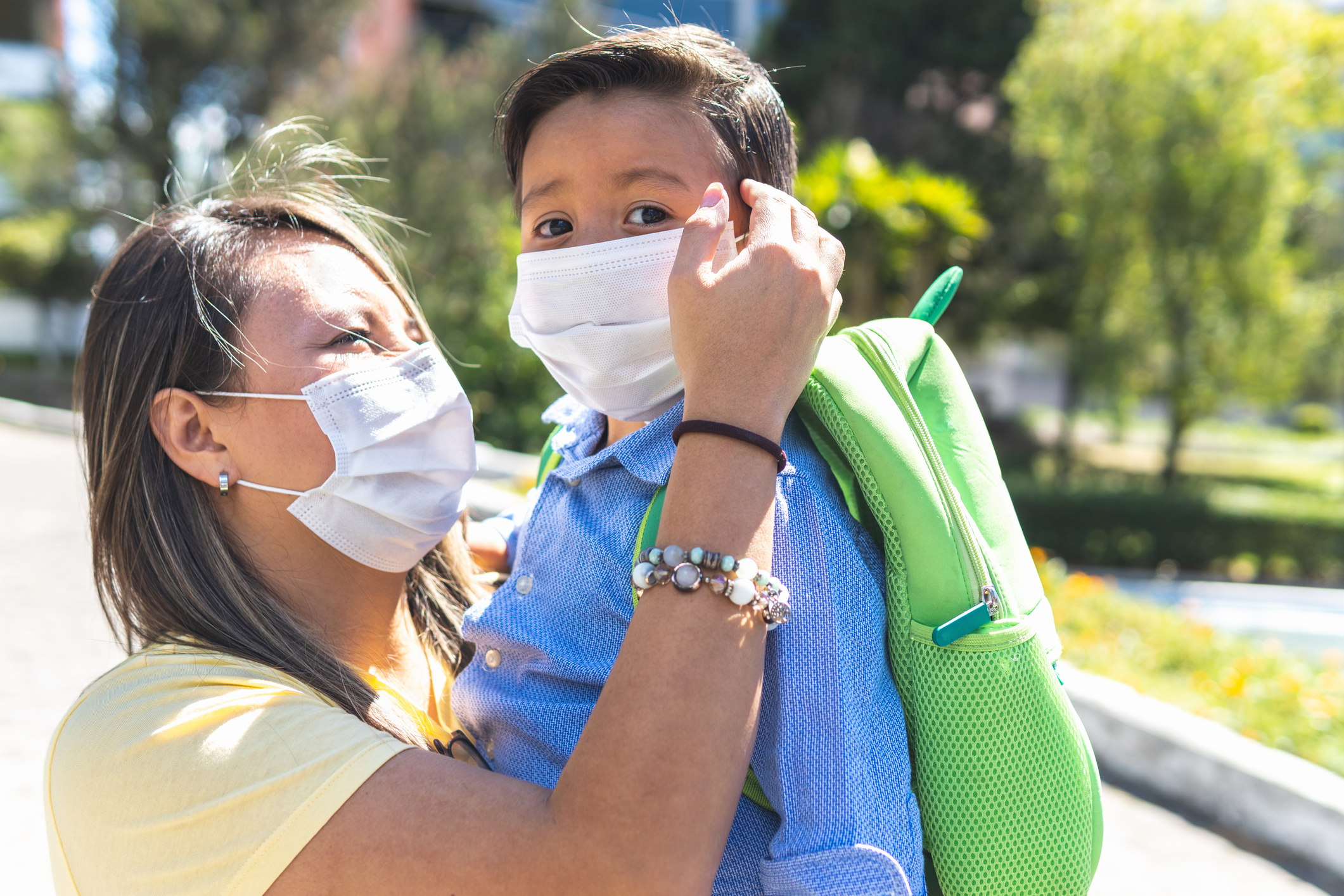The unequal impact of COVID-19 on low-income and racialized groups became very evident during the first 18 months of the pandemic. A new study of the experiences of one of the hardest hit communities in Toronto – Spanish-speaking Latin Americans – is now shedding light on what can be done about the barriers to equitable health outcomes they face.
Spanish-speaking Latin Americans in Toronto had higher rates of COVID-19 infection and lower vaccination rates than the non-racialized population. Canadian data also shows they had poorer self-rated mental health compared to other racialized groups during this time.
Building on the work of the Latin-American COVID Task Force in Toronto, Wellesley Institute and the Canadian Mental Health Association (CMHA) Toronto interviewed community members who had been sick with COVID, cared for friends and family members with COVID, and who work in the health and social service sector. The research identified four areas for action. Highlighted below are just one of the many policy recommendations for each area.
1. Caregiving challenges
Informal, unpaid caregivers described the mental health burden of taking care of family members, in addition to work and other responsibilities. These roles were often carried out without adequate resources or support.
Greater support for caregivers is needed, including financial resources, respite care and counselling services.
2. Access to online health and mental health services
Participants described feelings of loss and grief for family and friends who had passed away, in addition to feeling anxious about getting sick and feeling socially disconnected. However, many faced barriers accessing mental health services online, including technical difficulties, privacy and security concerns, language barriers, and the affordability of devices and internet access.
Greater investment in infrastructure to ensure digital equity is required, including plans to address economic and other disparities in the delivery of virtual care.

3. Access to Spanish-language services
The lack of Spanish-language public health and health services made it difficult for many Latin Americans to access information about how protect themselves from the virus. The lack of Spanish translation or interpretation services, as well as bilingual health and social service providers, also meant that Latin Americans often experienced long delays accessing services.
Increased access to consistent, standardized language interpretation services in the healthcare system is required to ensure access to lifesaving information and services. In addition, greater investment into existing community-based networks that already have language capacity is needed to increase access to translated materials and Spanish-language health services.
4. Uninsured and those with precarious status
The research found that Latin Americans with precarious immigration status faced an increased risk of contracting COVID-19 because of crowded living conditions, engaging in in-person work activities, and a lack of paid sick days. This group also faced unique barriers accessing health services, such as a lack of awareness about their eligibility for coverage programs and a fear of deportation, for example, because of a lack of status.
In response to these barriers, the Physician and Hospital Services for Uninsured Persons Program in Ontario should be reinstated, along with increased funding to community health and uninsured clinics serving these populations.
Although the pandemic is no longer in an emergency phase, many groups in Toronto continue to face inequities accessing health care services. The social and economic environments experienced by some groups also disproportionately increases their risk of certain health conditions.
Decision-makers can still act on our collective learnings from the last four years by investing in measures to reduce barriers to healthcare for those who were made more vulnerable by social and economic conditions during the pandemic.
Read the report to see the full list of findings and recommendations.
